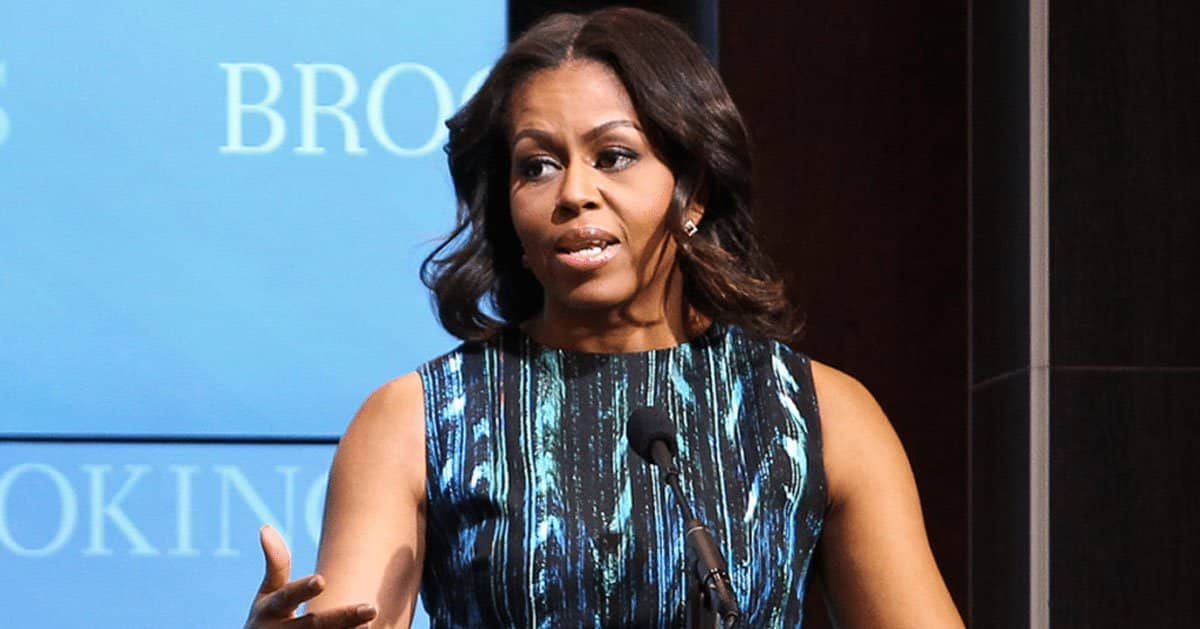







The Trump administration is fighting tooth and nail to keep $4 billion in foreign aid frozen, appealing to the Supreme Court with an emergency request.
The Justice Department’s move comes after a lower court’s ruling to unleash the funds by September 30. This clash pits congressional authority against presidential prerogative, and it’s heating up fast.
The Washington Examiner reported that on Monday, the Justice Department asked the Supreme Court to preserve a freeze on $4 billion in congressionally approved foreign aid, following a lower court’s order to spend it by month’s end.
Solicitor General D. John Sauer argues this mandate undermines President Trump’s attempt at a “pocket rescission.” The administration’s push reflects a broader stand against unchecked spending driven by progressive agendas.
The D.C. Circuit Court of Appeals refused to pause the lower court’s ruling, leaving the administration scrambling. Sauer calls the timeline to obligate the funds “impractical,” and he’s not wrong—rushing billions out the door in days reeks of bureaucratic chaos. Forcing this spending spree dismisses the president’s constitutional role in budget oversight.
Sauer’s argument hinges on the concept of a “pocket rescission,” where Trump seeks to cancel funds by sending a rescission request to Congress late in the fiscal year.
This tactic, while clever, ensures funds expire before Congress can act. Critics might call it a power grab, but it’s a calculated move to rein in runaway federal spending.
“While proposed rescissions are pending, Presidents do not spend the funds,” Sauer wrote, slamming the idea of obligating money under review. He’s got a point: why rush to spend what you’re trying to cut? It’s like emptying your wallet while negotiating a refund.
“Yet the new injunction would force the Executive Branch to start obligating those funds at breakneck speed,” Sauer added, highlighting the absurdity of the court’s timeline.
The district court’s order feels like a judicial overreach, pushing the administration into a corner. Conservatives see this as another example of courts meddling in executive priorities.
Groups suing the administration fired back with their own brief on Monday, opposing any stay. They argue a pause would effectively impound the funds, nullifying Congress’s will. Their claim that “immediate preparatory steps” are needed to meet the deadline sounds like a desperate bid to force-feed aid to pet projects.
“There is no irreparable harm that the government will suffer,” the groups stated, dismissing the administration’s concerns. But this ignores the bigger picture: rushing billions in aid risks waste and undermines diplomatic strategy. The left’s insistence on spending now smells like political posturing, not principle.
The administration contends that complying with the court’s order carries “significant costs” to foreign relations and inter-branch dynamics.
Sauer’s right—hasty spending could destabilize delicate international partnerships. Conservatives argue this is about protecting America’s strategic interests, not just pinching pennies.
On the same Monday, the Supreme Court made other moves, lifting restrictions on immigration raids in southern California.
This shows the court’s willingness to back Trump’s agenda when the law aligns. It’s a reminder that judicial battles can tilt in favor of executive action.
The court also allowed Trump to fire a Democrat-appointed FTC commissioner, signaling flexibility on administrative control. These decisions bolster the administration’s case that the judiciary shouldn’t micromanage executive decisions. The pattern suggests a Supreme Court skeptical of overreaching lower courts.
Sauer emphasized the “foreign-relations and inter-branch costs” of forced spending, warning of long-term damage. Rushing aid could lock in commitments that clash with America’s priorities. The administration’s plea is a stand for deliberate governance over knee-jerk mandates.
“A stay of this late-breaking do-over injunction is abundantly warranted,” Sauer argued, framing the issue as a matter of constitutional balance.
The district court’s ruling feels like a progressive power play, forcing spending to thwart Trump’s fiscal restraint. Conservatives cheer this pushback against judicial activism.
The opposition’s brief claims a stay could “moot this appeal” by effectively impounding funds. But their urgency seems more about locking in progressive priorities than ensuring sound policy. The administration’s fight is about preserving executive authority, not just delaying aid.



